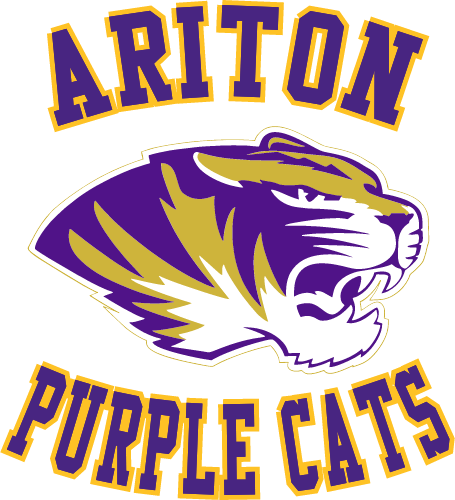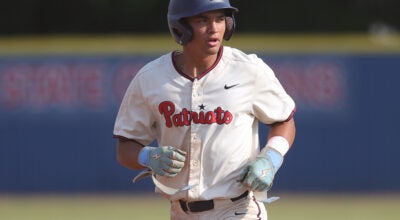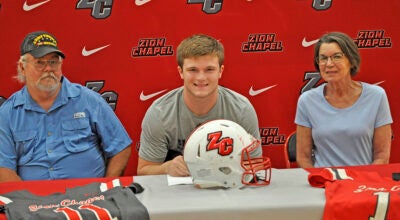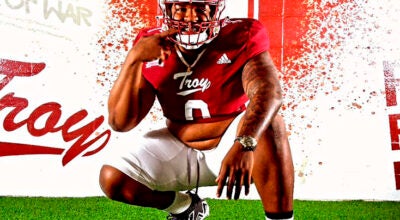History rewind
Published 10:00 pm Monday, June 15, 2009
MONTGOMERY (AP) — The NCAA hit Alabama’s football program where it hurts — the Tide’s famed history.
The Crimson Tide will slip a notch in the record books if university officials don’t appeal NCAA sanctions that would force the program to vacate 21 wins for misuse of textbooks acquired by student-athletes for free using their scholarships.
Though Alabama escaped sanctions that would keep the team from bowl games or competing for championships, the university is considering lodging an appeal.
Without a successful appeal, the program famed for Bear Bryant, national and Southeastern Conference titles no longer can boast more bowl wins than any other school after having to vacate a 2006 Cotton Bowl win over Texas Tech. That drops the Tide’s bowl win total to 30. Southern California now tops the list after gaining win No. 31 against Penn State in the Rose Bowl.
Oklahoma will also leapfrog ‘Bama in alltime wins with Alabama’s total dropping to 778, just three above rival Tennessee at No. 9.
Alabama had 15 days from Thursday’s verdict in which to take its case to the Infractions Appeals Committee to seek restoration of the wins from the 2005, 2006 and 2007 seasons.
“We will carefully consider our options regarding an appeal,” Alabama athletic director Mal Moore said in a statement after the NCAA announced the sanctions. “The ruling does not hinder our efforts going forward — in recruiting or in competition — but the ruling is a clear reminder that we must maintain strict compliance with all NCAA regulations.”
Alabama spokesman Doug Walker said Friday that university officials would have no comment while weighing an appeal.
There is recent precedent that could give Alabama hope for a softening of the penalties, which included three years of probation and the vacating of wins involving seven players who the university said had intentionally violated rules regarding textbooks.
Three years ago, Georgia Tech was allowed to keep its 1998 Atlantic Coast Conference championship after vacated wins were restored for games between the 1998-99 and 2004-05 academic years.
Oklahoma had wins reinstated from the 2005 season stemming from football players’ employment at a Norman car dealership.
However, the NCAA modified the grounds for reversing a ruling on vacated wins in January 2008 to require institutions to show that the Infractions Committee demonstrated “abuse of discretion” in its ruling. Other grounds include that the committee’s decision was contrary to evidence, that no infraction was committed or that the committee made a procedural error.
Alabama did not contest the facts in the case.
The vacated wins include 10 from 2005 and six from 2006 under coach Mike Shula. Nick Saban’s 2007 team loses five victories. Those wins include 11 Southeastern Conference games, the biggest coming over Tennessee and Florida in 2005, besides the Cotton Bowl.
Moore and University President Robert Witt both called the ruling “disappointing.”
“There was absolutely no competitive advantage gained,” Moore said. “All of the books were returned.”
Dee, however, had a different interpretation of what represents a competitive advantage.
“I don’t know that someone has to kick a field goal or score a touchdown for that to make a difference,” he said. “The question is were players who were ineligible because they took impermissible benefits able to play? And if so, you need to vacate those wins.”
Birmingham attorney Mike Ermert, who represented a successful NCAA appeal in 1994 for a Tide faculty athletics representative, said Alabama would have to balance potential benefits of an appeal against bringing closure to the case, including taking a look at Oklahoma, Georgia Tech and other past appeals for relief.
“I think they would look back at other textbook cases, look back at other appeals, look back at other vacation penalties and make an assessment of whether circumstances give them a chance for a successful appeal,” Ermert said.





